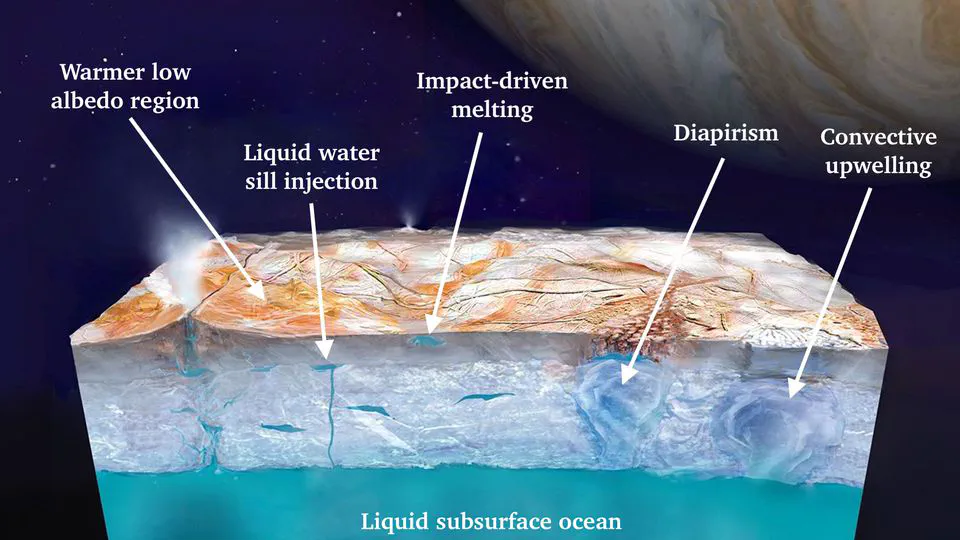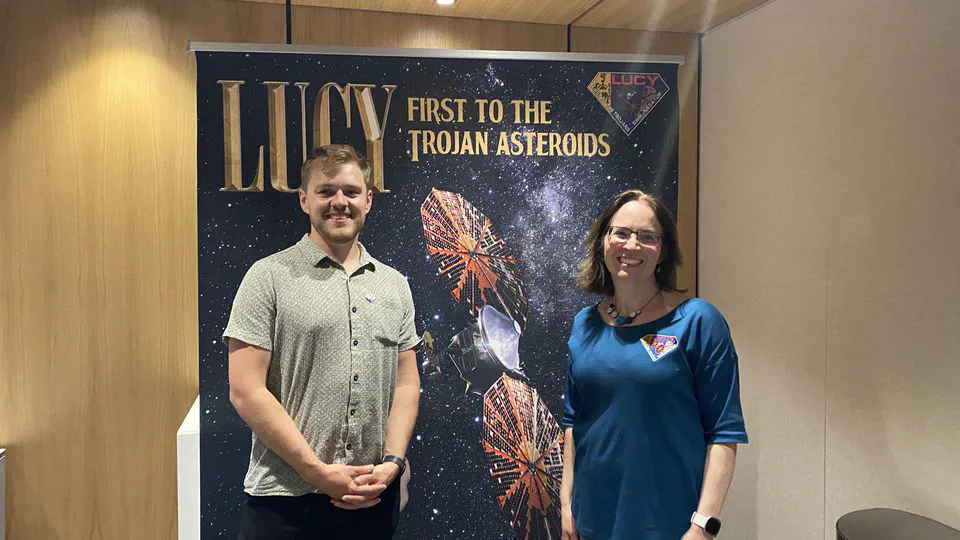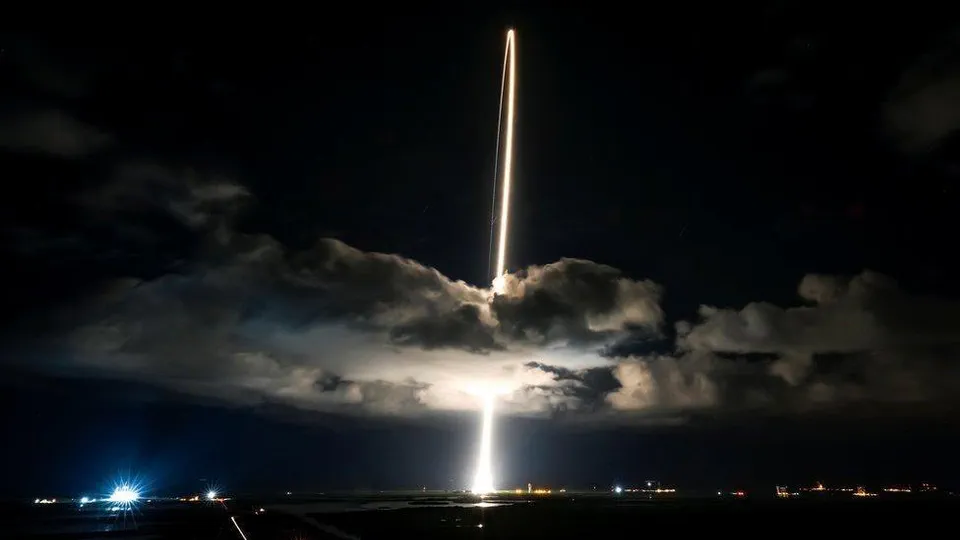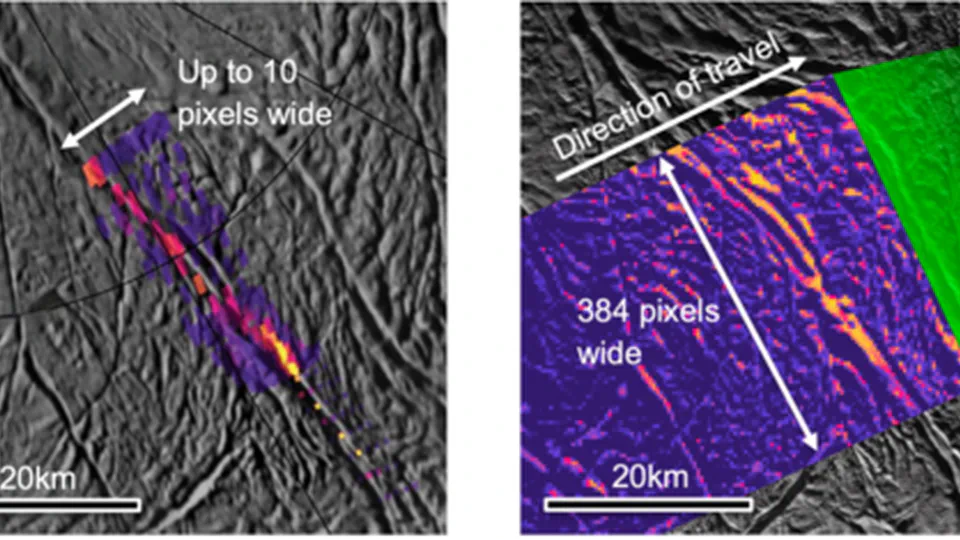About Me
Planetary physicist in final year of a DPhil at Oxford, with experience in thermal modelling, remote sensing, and spacecraft data analysis. Developer of the TEMPEST model applied to NASA’s Lucy mission and Saturn’s icy moons.
Interests
- Planetary Surfaces
- Thermal Modelling
- Asteroids
- Icy Moons
Education
PhD Planetary Surfaces
University of Oxford
MPhys Physics with Astrophysics
University of Exeter (with exchange year at University of Wollongong, Australia)
Featured
Publications
(2025).
Developing Oxford's Enceladus Thermal Mapper (ETM).
Copernicus GmbH.
(2025).
TEMPEST: A Modular Thermophysical Model for Airless Bodies with Support for Surface Roughness and Non-Periodic Heating.
Copernicus GmbH.
(2024).
Predicting Surface Temperatures on Airless Bodies: An Open-Source Python Tool.
Copernicus GmbH.
Experience
Technical Officer
University of New South WalesResponsibilities include:
- Managed teaching labs and educational demonstrations for lectures.
- Supported curriculum development and ran public engagement events including school tours and planetarium shows.
- Used CAD and metalwork skills to support the development and maintenance of laboratory equipment and demonstrations.
- Contributed to the development of a large-format digital writing display adopted across the department.
- Received Dean’s Education Excellence Award for contributions to innovative teaching delivery.
Education
PhD Planetary Surfaces
University of OxfordResearching the thermal emission of airless planetary bodies with a focus on thermophysical modelling and mission-driven data interpretation. Developed TEMPEST, a Python-based model for analysing spacecraft observations, applied to data from the NASA Lucy mission and Saturn’s icy moons. Currently extending & applying TEMPEST to Icy Moons, tumbling bodies and flyby observations.MPhys Physics with Astrophysics
University of Exeter (with exchange year at University of Wollongong, Australia)Master’s research focused on the impact of mineral dust on exoplanet hydrological cycles, published in Nature Communications. Conducted global climate simulations using the UK Met Office supercomputer. Broad academic training in astronomy, optics, and computational physics, with scientific programming projects in C and Python including three-body orbital simulations and statistical modelling.





